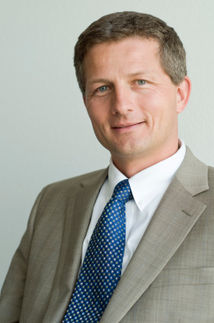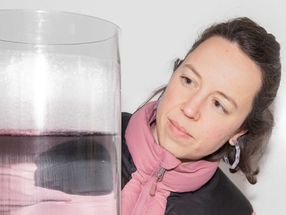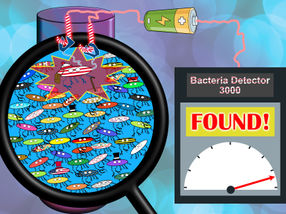BASF plans a world scale plant for glyoxal in Ludwigshafen
BASF is building a new plant for the production of glyoxal and methylglyoxal at its Ludwigshafen site. The new facility will have a capacity of 60,000 metric tons per year and is expected to go on stream in mid-2002; it will replace the present plant which has a 25,000 metric ton capacity. The glyoxal plant will be the largest of its kind in the world and will be fully integrated into the Ludwigshafen Verbund structure.
For more than 40 years BASF has been a leading global supplier of both products. Since then the company has been able to build up a significant market share in all regions of the world and aims to become the world's largest producer with this investment. Besides the production facilities in Ludwigshafen, Germany, BASF operates another plant in Geismar, USA, with a capacity of 20,000 metric tons per year and which supplies the North and South American markets with glyoxal. To ensure better availability, the strongly growing Asian markets have been served since 1999 by a regional BASF distribution center in Singapore.
Glyoxal and methylglyoxal are chemical intermediates for a broad range of derivatives such as resins for textile, paper or epoxy applications as well as for glyoxylic acid, cellulose ethers, biocides and soil hardeners. They are also used in the manufacture of imidazoles, which in turn are needed as intermediates for the production of pharmaceuticals, agricultural chemicals and epoxy resins. BASF is already the world's leading manufacturer of imidazoles.
Most read news

Get the chemical industry in your inbox
From now on, don't miss a thing: Our newsletter for the chemical industry, analytics, lab technology and process engineering brings you up to date every Tuesday and Thursday. The latest industry news, product highlights and innovations - compact and easy to understand in your inbox. Researched by us so you don't have to.









































